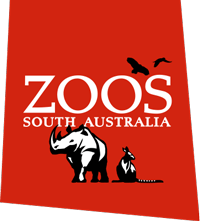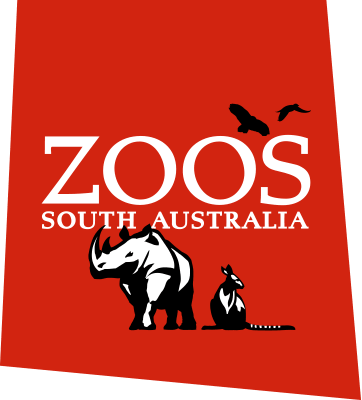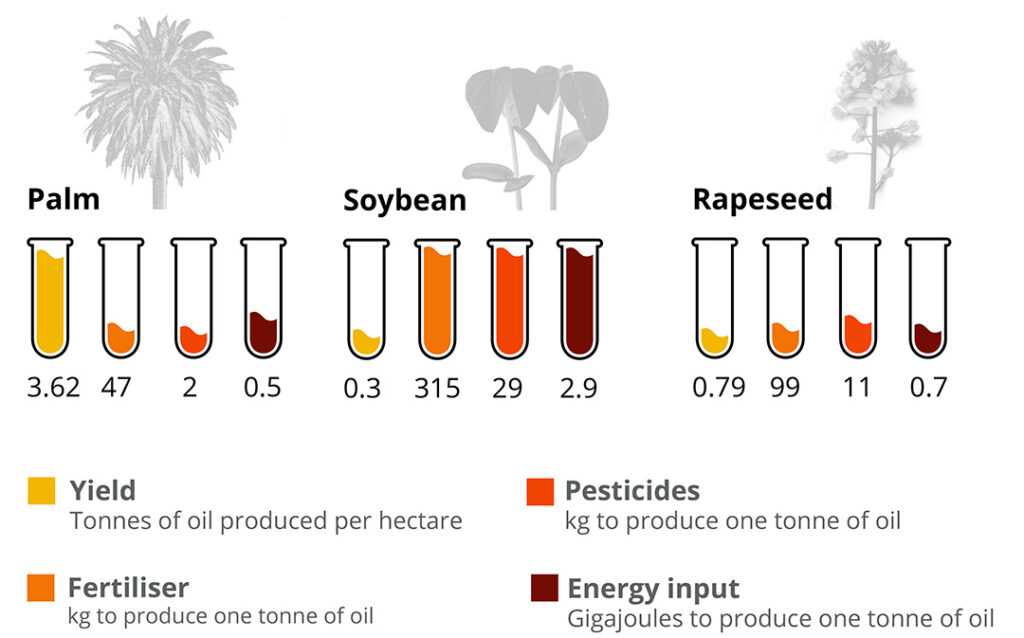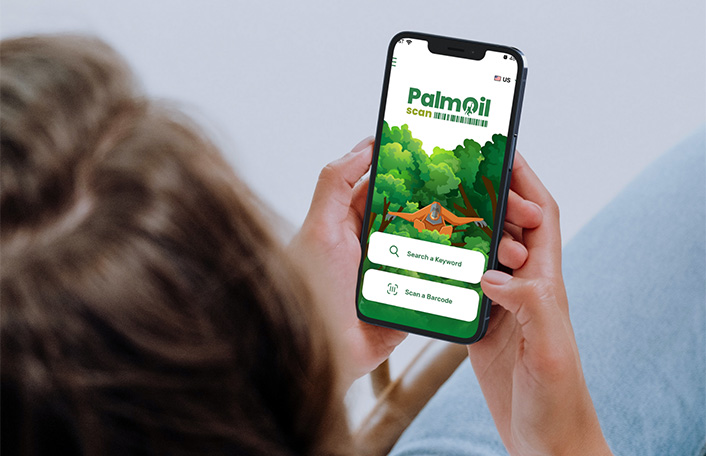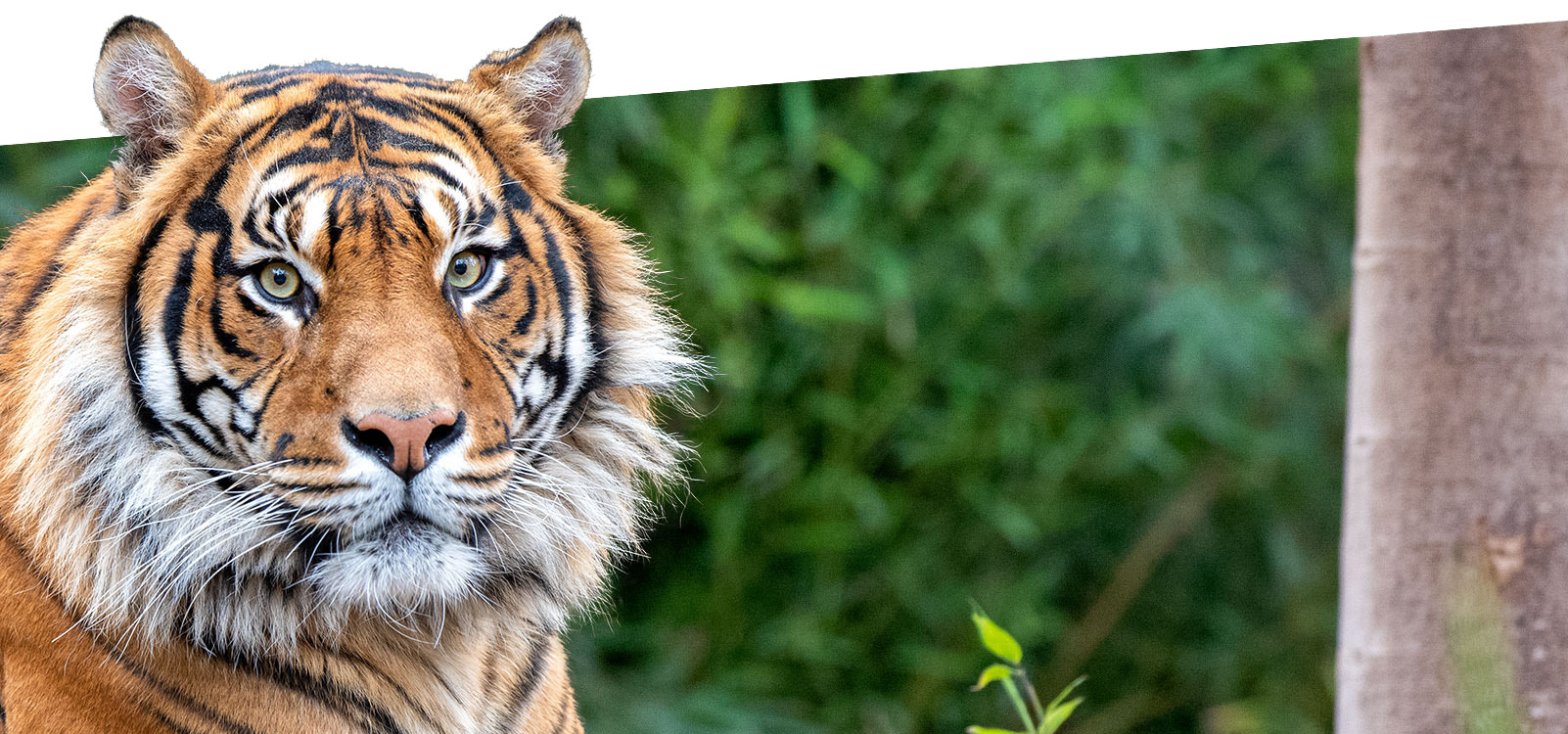Zoos SA commitment to CSPO
If you’ve heard of palm oil, you’ve probably heard it’s bad for the environment. But the truth is it doesn’t have to be.
Zoos South Australia has recently joined alongside sixteen other zoo-based conservation and wildlife organisations across Australia and New Zealand to drive the global transition to Certified Sustainable Palm Oil.
The mission of the Responsible Palm Oil Network is to work with Australasian manufacturers to move to using Certified Sustainable Palm Oil and to introduce clear palm oil labelling.
We have been joined by a number of leading conservation organisations including Unmask Palm Oil, the Jane Goodall Institute Australia and New Zealand, the Zoo and Aquarium Association Australasia, the Borneo Orang-utan Society, Orang-utan Foundation International Australia, Orangutan Land Trust and The Orangutan Project.
In the BBC’s The EarthshotPrize: Repairing Our Planet, Sir David Attenborough looks at the catastrophic impact that unsustainable palm oil has on the forests that are home to some of the world’s most endangered species and champions sustainable palm oil. You can watch the entire Earthsot series here.
Supporting mandatory labelling of vegetable oil in Australia is an important conservation message and action that we can ask of our visitors. As consumers, we can decide which companies and products we support, but without clear labelling we can’t identify which products are made with Certified Sustainable Palm Oil.
The network will be calling on companies to source and use only Certified Sustainable Palm Oil as certified by the Roundtable on Sustainable Palm Oil.
For more information, read our Position Statement here.
Make informed purchasing decisions by using the World Wildlife Fund’s Palm Oil Buyers’ Scorecard which measured the performance of major retailers and consumer goods manufacturers.
Did you know
- We share 97% of our DNA with orangutans
- Over 85% of the world’s palm oil comes from Malaysia and Indonesia
- Today the most common cause of deforestation and fragmentation in Indonesia is related to palm oil development
- In South East Asia alone, the equivalent of 300 football fields are deforested every hour for production of unsustainable palm oil
- Production of unsustainable palm oil typically costs the lives of up to 50 orangutans each week
- More than half of all packaged supermarket products contain palm oil. However without adequate labelling, it is difficult to be sure and many assume that the figure is much higher
- Australians unknowingly consume on average 10 kilograms of palm oil each year because we do not currently have the ability to exercise consumer choice
- Sustainable palm oil plantations are a possibility but will only be driven by consumer demand
Products with the following labels may contain palm oil:
Groceries
- Vegetable oil
- Sodium laureth sulfate (can be coconut)
- Sodium lauryl sulfate (SLS, can be ricinus)
- Sodium dodecyl sulfate (SDS or NaDS)
- Palm kernel oil
- Palm fruit oil Cosmetics
- Elaeis guineensis
- Glyceryl stearate
- Stearic acid
Chemicals that may be derived from palm oil
• Steareth -2, Steareth -20
• Sodium lauryl lactylate
• Sodium lauryl sulfoacetate (can be coconut)
• Hydrated palm glycerides
• Sodium isostearoyl lactylaye (from vegetable stearic acid)
• Sodium palm kernelte
• Cetyle palmitate
• Octyle palmitate (anything with palmitate at end)
• Palmalein, Palm olein
Apple and the Apple Logo are trademarks of Apple Inc. Google Play and the Google Play logo are trademarks of Google LLC.



